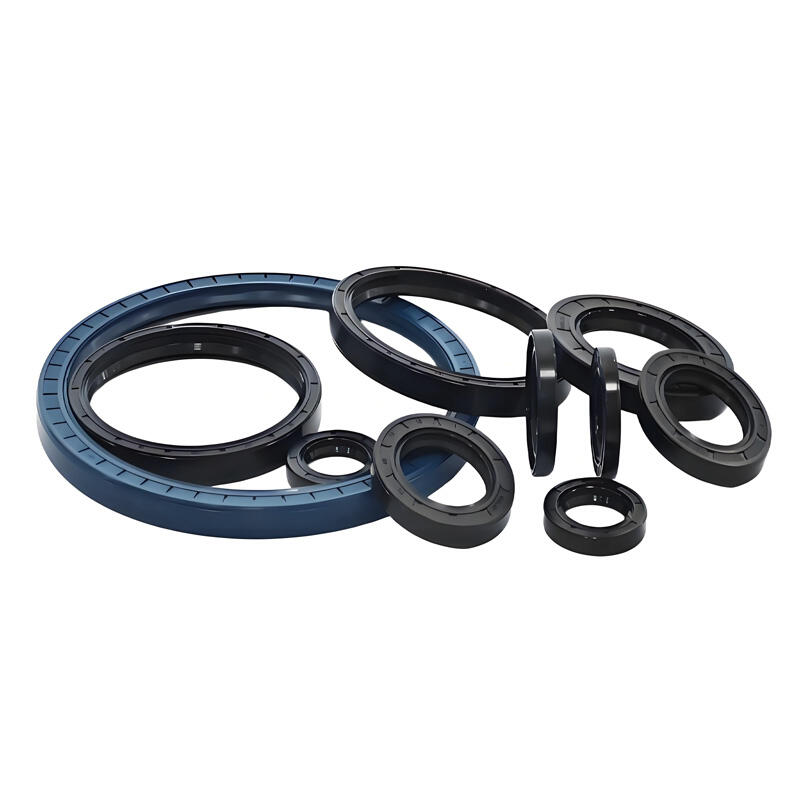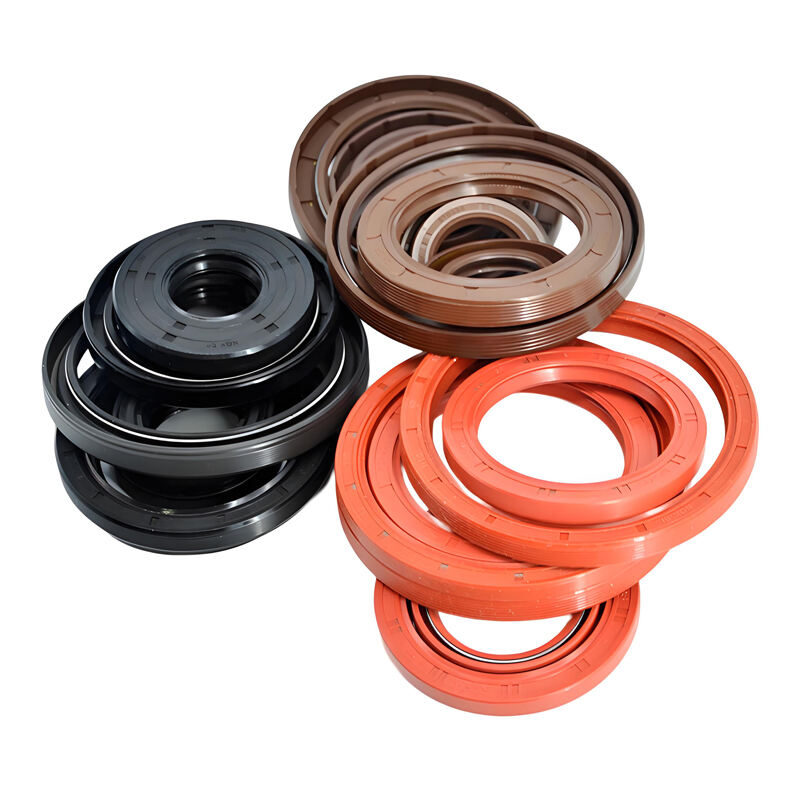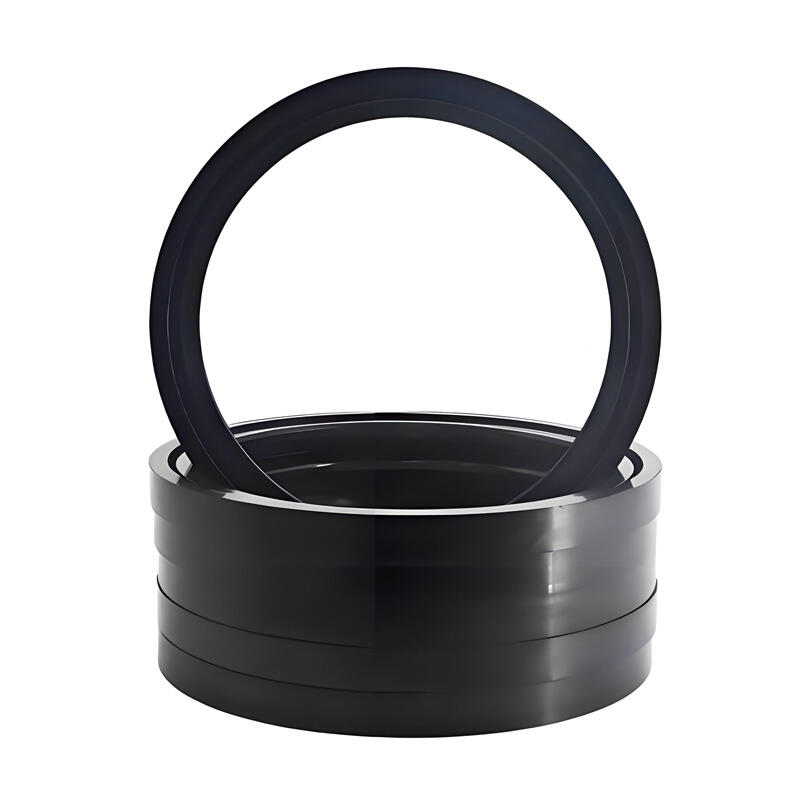custom oil seals
Custom oil seals represent a crucial component in modern machinery and equipment, serving as specialized barriers designed to prevent oil leakage while maintaining optimal system performance. These precision-engineered components are manufactured to exact specifications, ensuring perfect fit and functionality for specific applications. Custom oil seals are crafted from high-grade materials, including various elastomers and advanced polymers, carefully selected to withstand diverse operating conditions, temperatures, and chemical exposures. These seals effectively contain lubricants within mechanical systems while preventing external contaminants from entering, thus protecting vital equipment components. The manufacturing process involves sophisticated technology and precision engineering, allowing for customization of dimensions, materials, and design features to meet specific industrial requirements. Whether utilized in automotive applications, heavy machinery, or precision equipment, custom oil seals play a vital role in extending equipment life and maintaining operational efficiency. They can be designed with various lip configurations, spring loads, and surface treatments to optimize sealing performance under specific operating conditions. The ability to customize these seals ensures perfect compatibility with unique equipment specifications, making them essential for both OEM applications and maintenance operations.


